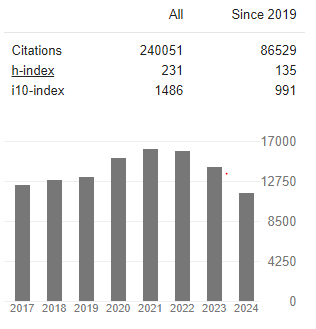Technical and Biological Variations in the Purification of Extrachromosomal Circular DNA (eccDNA) and the Finding of More eccDNA in the Plasma of Lung Adenocarcinoma Patients Compared with Healthy Donors
Abstract
Egija Zole, Lasse Bollehuus Hansen, Janos Hasko, Daniela Gerovska, Marcos J. Arauzo-Bravo, Julie Boertmann Noer, Yonglun Luo, Jakob Sidenius Johansen and Birgitte Regenberg
Human plasma DNA originates from all tissues and organs, and has a potential to act as a versatile marker for diseases such as cancer, since fragments of cancer-specific alleles can be found circulating in the blood. While linear DNA has been studied intensely as a liquid biomarker, the role of circular circulating DNA in cancer is more unknown due, in part, to a lack of comprehensive testing methods. Our developed method profiles extrachromosomal circular DNA (eccDNA) in plasma, integrating Solid-Phase Reversible Immobilization (SPRI) bead purification, the removal of linear DNA and mitochondrial DNA, and DNA sequencing. As an initial assessment, we tested the method, biological variations, and technical variations using plasma samples from four patients with lung adenocarcinoma and four healthy and physically fit individuals. Despite the small sample group, we observed a significant eccDNA increase in cancer patients in two independent laboratories and that eccDNA covered up to 0.4 % of the genome/mL plasma. We also saw large variations in the eccDNA content between individual samples and technical replicates; however, we found a subset of eccDNA from recurrent genes present in cancer samples but not in every control. In conclusion, our data reflect the large variation found in eccDNA sequence content and show that the variability observed among replicates in eccDNA stems from a biological source and can cause inconclusive findings for biomarkers. This suggests the need to explore other biological markers, such as epigenetic features on eccDNA.



